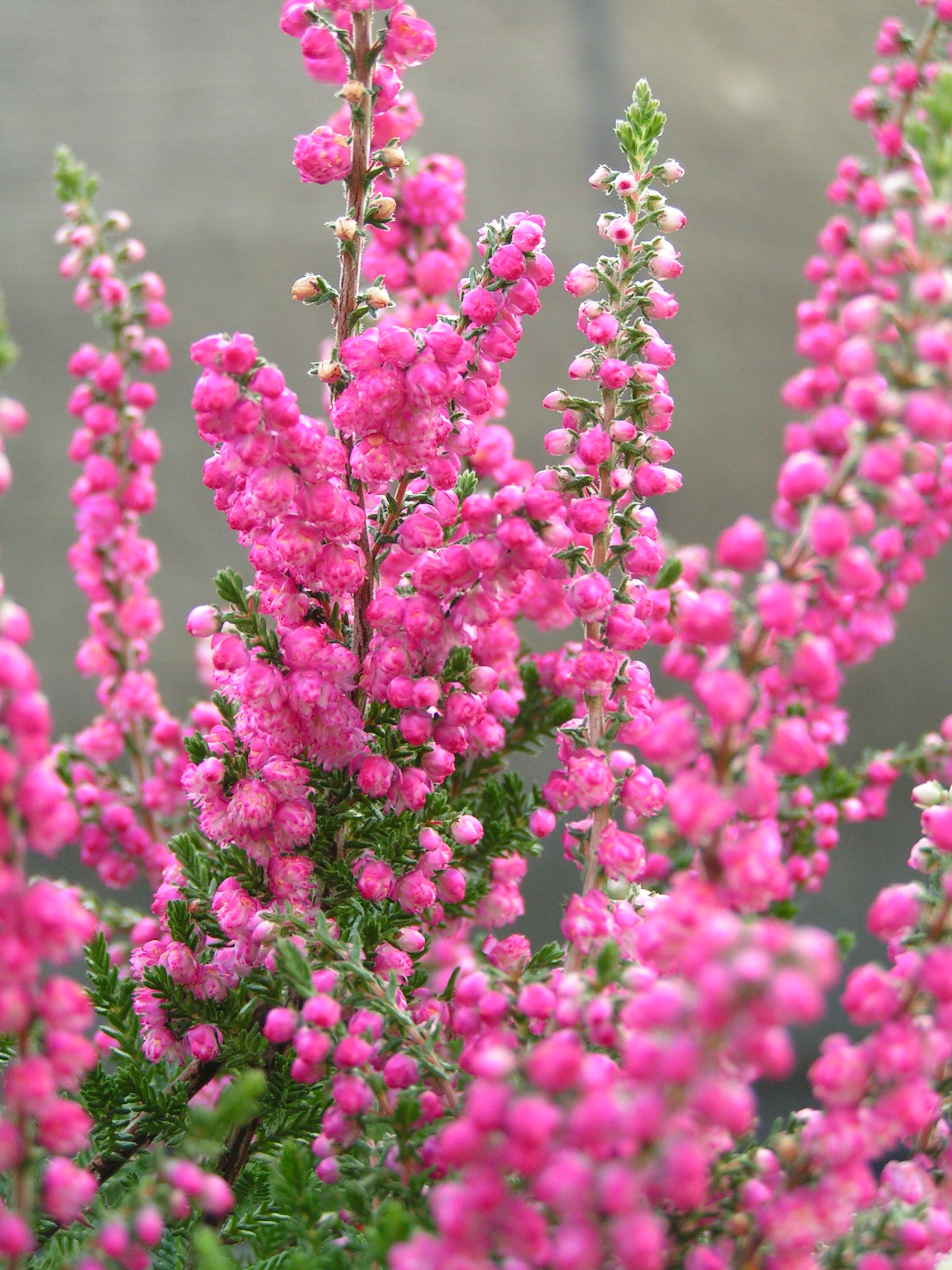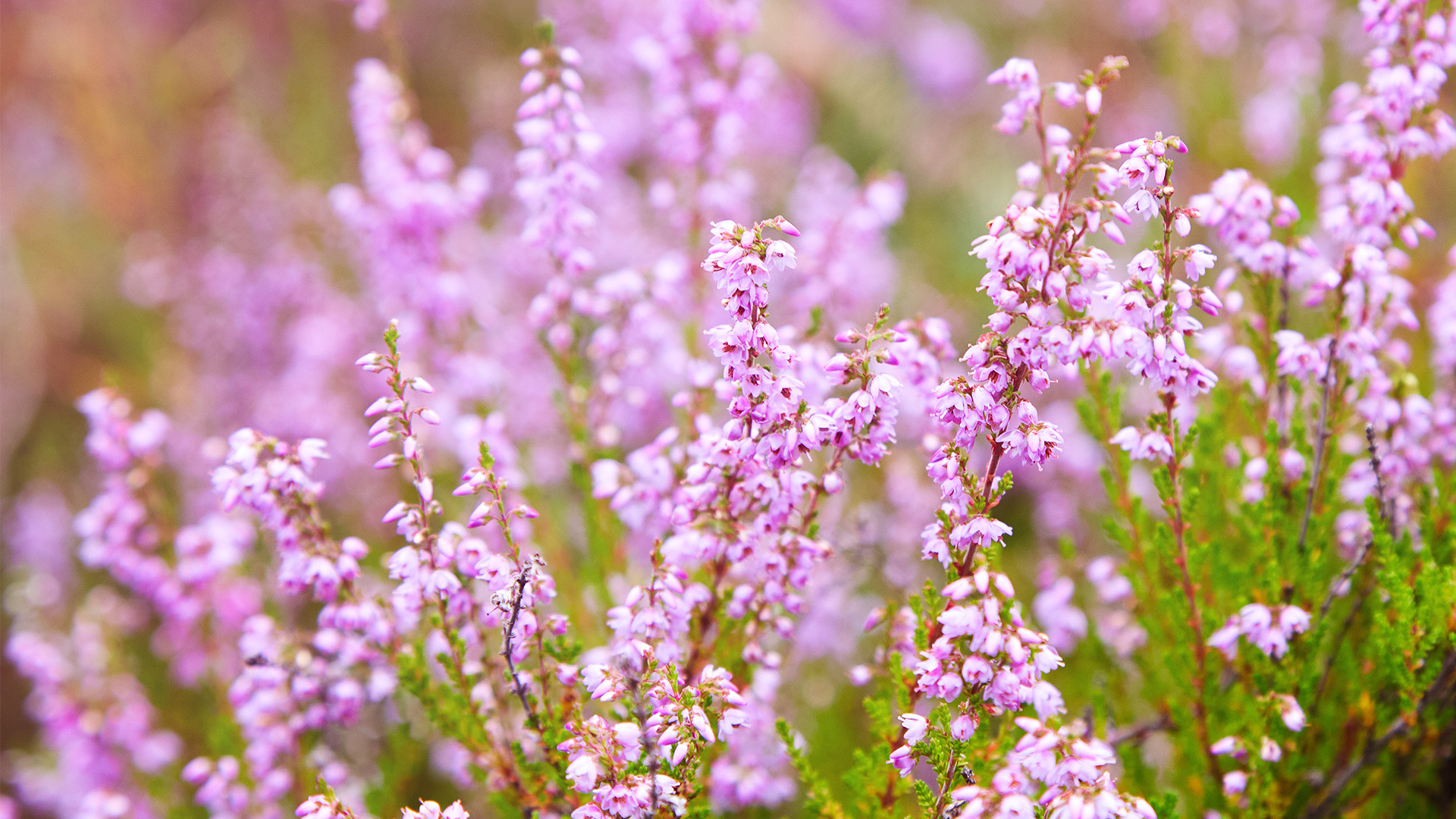The name "Heather" truly holds a special kind of magic, doesn't it? When we hear it, our minds often go to different places, sometimes thinking of a person we admire, perhaps even a well-known actor like Heather Graham. It's almost as if the sound of the name itself can conjure up a whole array of thoughts and feelings, depending on who is saying it or hearing it. This one name, you see, has a way of connecting to various ideas, from people who grace the silver screen to something much more grounded, like a plant growing in the wild. It’s really quite something how a single word can have so many different associations, isn't it?
But, you know, the idea of "Heather" isn't always about a famous face. Sometimes, it's about a feeling that runs deep, a kind of longing, a wish to be someone else. There's a piece of writing, actually, that talks about a "Heather" video, where the speaker expresses a profound desire to become all the things they envy about this particular "Heather." This isn't about an actor, but about a personal aspiration, a wish to embody qualities seen in another person. It suggests a powerful connection to someone who seems to have everything just right, from their clothes to their demeanor.
This idea of "Heather" can spread out to other meanings too, beyond just people or aspirations. It can point to something as natural as a plant that grows in the ground, or even to the world of fashion, with brands carrying the name. So, you see, the name "Heather" is pretty versatile, in a way, appearing in all sorts of different contexts and bringing with it a whole host of different images and ideas. It's more or less a name that truly spans various parts of our lives, from the personal to the natural, and even to the styled.
- Kristen Stewart Address
- Dr Frank N Furter Rocky Horror
- Emily Ratajkowski Films
- The Prince Family Intro Song
- Att Service Check
The Allure of a Name - What Does "Heather" Bring to Mind?
A name, you know, carries a lot of weight. It's not just a collection of sounds; it's a label that can bring forth all sorts of pictures in our heads. When someone mentions "Heather," for instance, it's pretty common for thoughts to drift towards someone famous, perhaps an actor who has graced many films, like Heather Graham. Her presence in movies and her recognizable face have, in some respects, made the name quite memorable for many people. It’s a name that, for a lot of us, is tied to talent and a certain public image.
Yet, the beauty of a name like "Heather" is that it doesn't just stop there. It can, you know, spark other thoughts, other connections that are completely different from a person. It's almost like a single word that branches out into different meanings, depending on who's hearing it or what they've encountered. This versatility means that while one person might immediately think of a performer, another might have a completely different picture in their mind, something entirely unrelated to the world of acting.
This ability of a name to evoke such varied images is, you know, really quite fascinating. It shows how language works, how a simple word can hold so much potential for different interpretations. So, when we talk about "Heather," we are, in a way, opening up a conversation about all the many things that word can represent, from a person who shines on screen to other, perhaps less obvious, associations. It's a name that, you know, truly has a life of its own, reaching into many different corners of our collective experience.
- Nadia Bjorlin
- Did Mgk Change Genres Because Of Eminem
- Kristen Stewart Movies Name
- Yeezy Wiki
- Giant Dipper Santa Cruz Beach Boardwalk
Does "Heather" Always Mean a Person Like Heather Graham?
It's interesting how a name can have so many different layers, isn't it? Sometimes, when we hear "Heather," our thoughts don't always go to a well-known actor, even someone as recognizable as Heather Graham. Instead, the name can point to a deeper feeling, a kind of longing or a wish to be someone else entirely. The writing provided, for example, talks about a song, it seems, where the person speaking truly wishes they could be this "Heather" figure, someone they admire so very much. This "Heather," you see, isn't a public figure, but a personal ideal.
This particular "Heather" in the text appears to have qualities the speaker really desires to have for themselves. It mentions things like wearing just the right kind of clothes and having a truly easygoing way about them. These are traits that, you know, many people might aspire to possess, making this "Heather" a symbol of something deeply wished for. The connection here is less about fame and more about a personal aspiration, a desire to embody a certain kind of grace and appeal that someone else seems to naturally have.
So, you know, while the name "Heather" can certainly bring to mind an actor, it can also represent a powerful, personal yearning. It highlights how a name can be used to describe an ideal, a set of qualities that someone else possesses and that we, ourselves, might wish to have. This shows that the meaning of "Heather" is, in a way, quite flexible, stretching from the very public world of acting to the very private space of personal dreams and desires. It's a name that, you know, truly holds a lot of different meanings.
The "Heather" Persona - A Wish to Be Someone Else?
The speaker in this particular piece of writing, you know, expresses a really deep desire to embody all the things they envy about this "Heather." It's a powerful feeling, actually, a sense of wanting to transform oneself to be more like someone else. They would, it appears, have done nearly anything to be more like her, to possess those qualities that seem so effortlessly hers. This isn't just a passing thought; it seems to be a very strong, central wish.
There's a mention of clothes that are just so pretty, and a manner that comes across as quite effortless, which, you know, is something many people aspire to achieve. The speaker even feels they aren't even half as appealing, especially when someone gives "Heather" a sweater, even if it's just polyester, because, well, that person seems to like "Heather" better. This feeling of wishing to be "Heather" is, you know, really quite strong, actually. It's a sentiment that, in some respects, many people can relate to, wanting to be someone else they see as having it all, as being favored.
The text goes on to describe watching "Heather" standing with someone, holding their hand, and having an arm around them. This paints a picture of someone who is, you know, adored and seems quite comfortable in their own skin, which, in a way, just adds to the speaker's longing. It's a scene that highlights the "Heather" persona as someone who receives affection and attention, further fueling the desire to be in her place. This portrayal, you see, makes the "Heather" in the text a figure of deep admiration and, too, a source of wistful envy.
What About the Botanical "Heather" - A Plant's Charm?
Beyond people and personal aspirations, the name "Heather" also points to a type of plant, a very common one, actually. It's an English name, primarily for girls, but it's also the name of a specific kind of small shrub. These plants, you know, usually have pink or white flowers and often grow in places that are a bit rocky, adding a touch of natural beauty to sometimes harsh environments. This connection to nature shows how diverse the meaning of the name truly is.
Scientifically, this plant is known as *Calluna vulgaris*, and it's also called common heather or ling. It's the only species in its group, *Calluna*, and it belongs to a family of flowering plants called Ericaceae. This plant, you see, is quite special in its own right, distinct from any person, even an actor named Heather Graham. Its botanical identity gives the name "Heather" a completely different kind of significance, rooted in the natural world rather than in human endeavors or fame.
The fact that this plant is so widespread and has its own scientific classification just shows how established and recognized it is in the natural world. It's a plant that, you know, contributes to various ecosystems and has a quiet beauty all its own. So, when we hear "Heather," we can also think of these lovely, hardy shrubs that dot the landscape, offering a gentle reminder of nature's simple wonders. It’s a pretty neat connection, actually, to something so natural and enduring.
Growing Your Own "Heather" - A Little Garden Magic?
For those who enjoy spending time with plants, it's actually possible to grow your very own heather. You can find out how to pick the right kind for your garden, put it in the ground, and then take care of these flowering heathers and other similar plants called heaths. There are, you know, good resources out there that can show you the steps, making it quite accessible for anyone interested in gardening. It's a rewarding activity, you see, bringing a bit of nature closer to home.
These plants, you know, are often a truly important addition to a collection of greenery for many reasons. They are, you know, typically evergreen, meaning they keep their leaves all year round, providing consistent color and texture in the garden. Both heaths, which are known scientifically as *Erica*, and heathers, which are *Calluna vulgaris*, are really wonderful plants that, you know, deserve a spot in almost any garden space. They offer a lasting beauty that can brighten up outdoor areas even when other plants have faded.
Learning how to nurture these plants can be a satisfying experience. It involves understanding their needs, like the type of soil they prefer and how much sunlight they need. By following some simple guidelines, you can, you know, help them thrive and add a lovely, natural element to your surroundings. It's just a little bit of garden magic, really, bringing the charm of the wild heather right into your own backyard.
How Can "Heather" Plants Help Your Well-being?
Interestingly, the heather plant isn't just for looking pretty in a garden or for its hardy nature. It has been used in older times, you know, for its special properties that go beyond just decoration. It works, apparently, as both something that cleanses the body and something that helps prevent infection. These traditional uses show that people saw more in the plant than just its appearance, valuing it for its potential to support health.
One of the ways people traditionally used it was for aches in the joints, like arthritis, gout, and rheumatism. They would make a very strong tea from the heather plant and then, you know, add it to a bath. This was thought to bring some comfort and relief to those suffering from such conditions. It's a practice that, in some respects, highlights a long history of using natural remedies for well-being, long before modern medicines became common.
This traditional application of heather shows a connection between nature and health that has existed for a very long time. It’s quite fascinating, actually, to think about how people discovered these uses and passed them down through generations. So, the "Heather" plant, you see, holds a place not only in our gardens but also in the history of natural healing practices, offering a different kind of value beyond its visual appeal.



